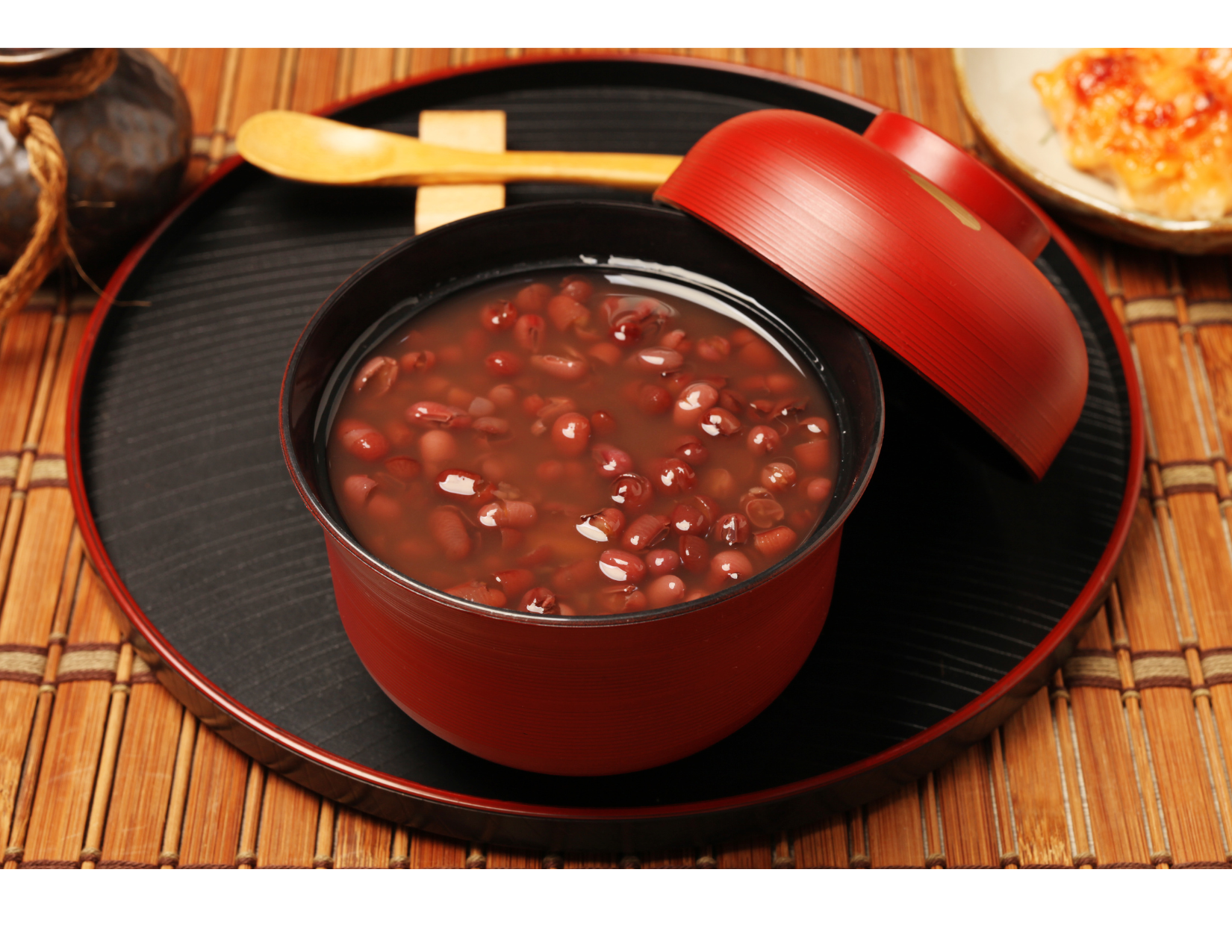Lectins are plant proteins with both beneficial and harmful traits. Foods high in lectins include many nutritious foods like beans, peanuts, grains, and nightshade vegetables such as tomatoes, peppers, and potatoes. While some lectins can cause digestive issues and inflammation, you can reduce lectins in your food with the right preparation methods can enhance their benefits and minimize the risks.
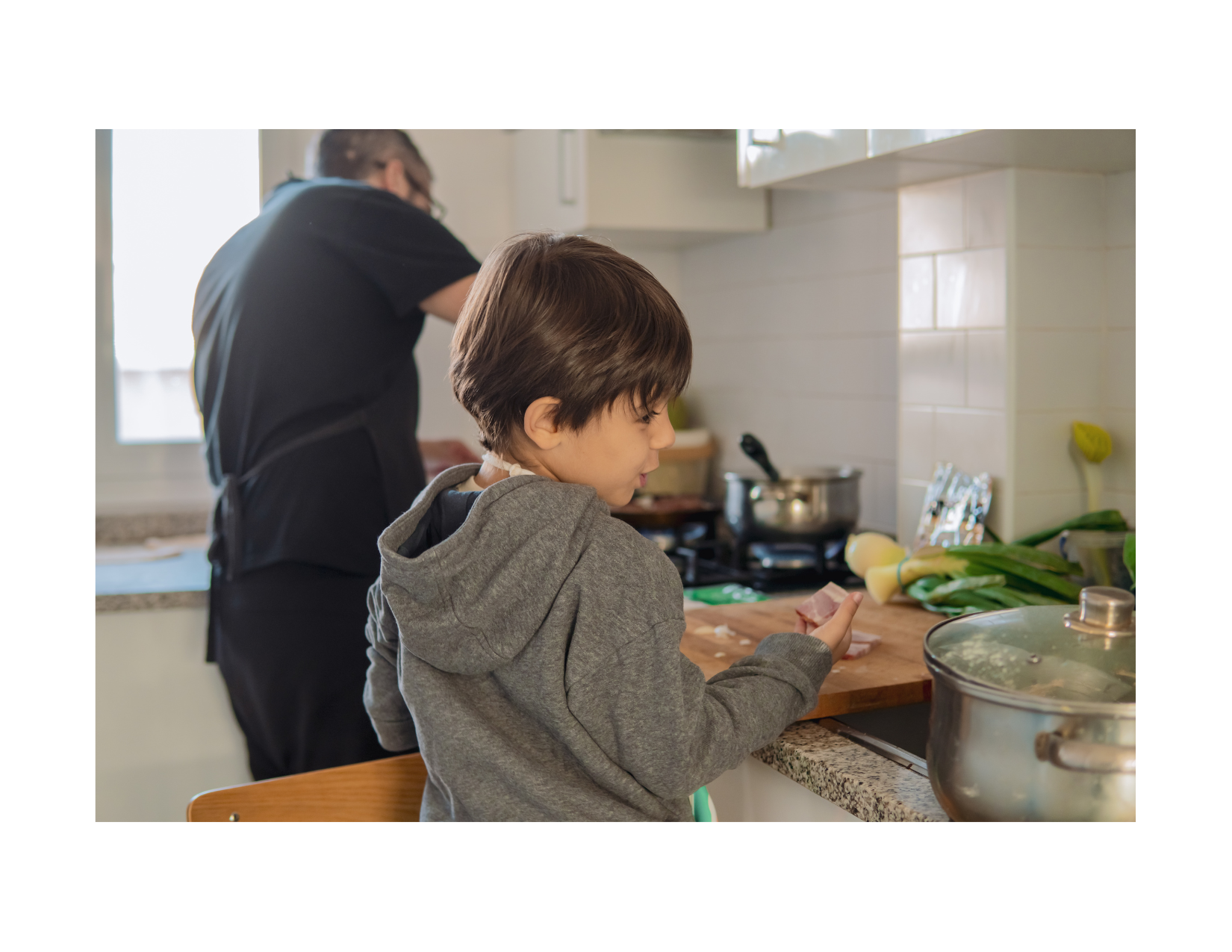
Can lectins harm your health?
Some lectins, especially in raw or improperly prepared foods, can …
Damage the gut lining, making digestion more difficult.
Disrupt gut bacteria, leading to digestive imbalances.
Trigger autoimmune reactions, potentially worsening conditions like arthritis.
Cause inflammation, making it harder for the gut to repair itself.
Be dangerous in raw form, as seen with raw red kidney beans, which contain a toxic lectin that can send you to the hospital after just a few bites.
Now you may be wondering if you need a lectin-free diet.
Well, maybe or maybe not. Lectins are in so many vegetables, going lectin free may only be practical in a carnivore diet.
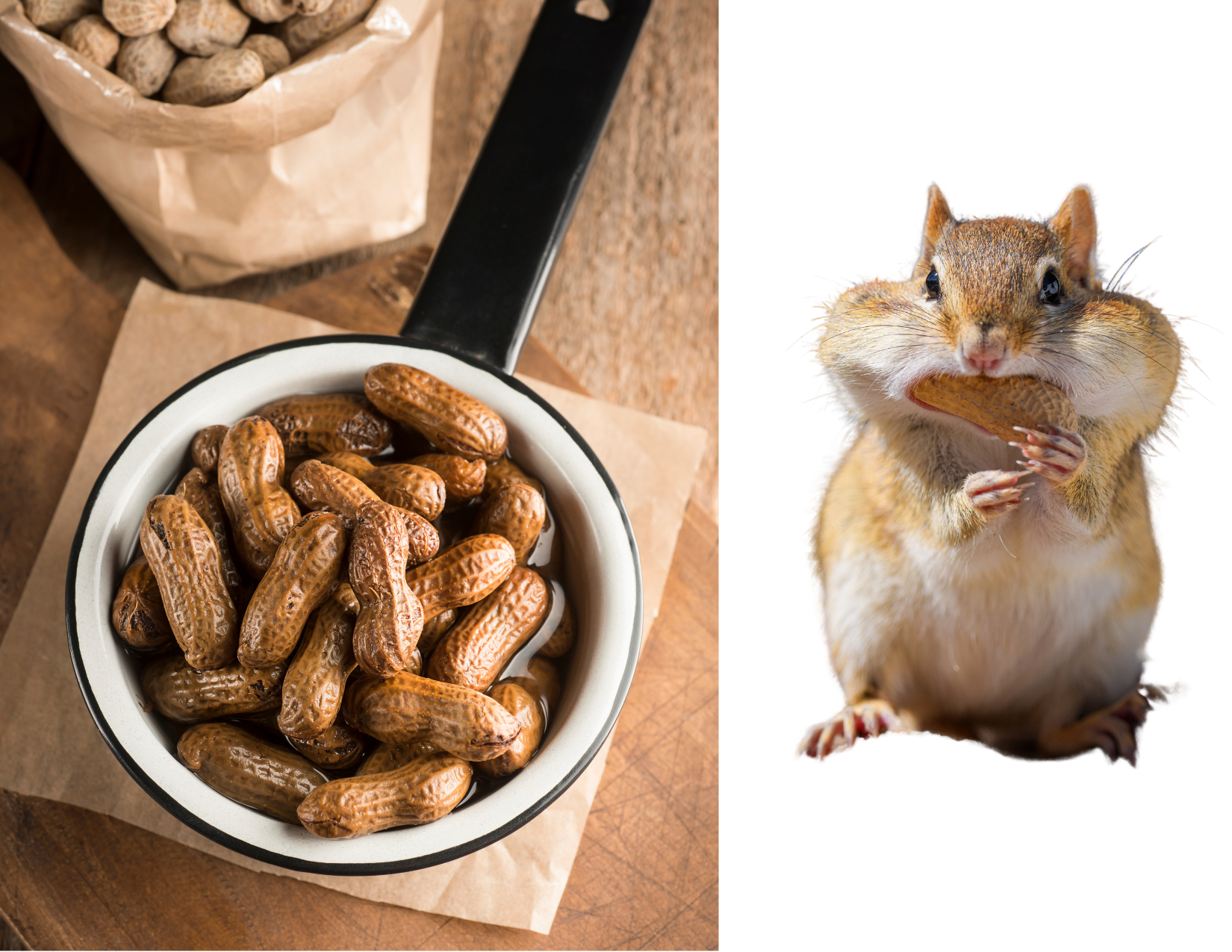
If you are not ready for that choice, just remember that lectins aren’t all bad! When consumed in moderation and properly prepared, lectins:
Slow blood sugar spikes, helping with energy balance.
Support gut health, acting as prebiotics.
Deliver important nutrients like vitamin E, thiamine, and biotin.
Encourage resilience through “hormesis,” where small amounts of natural toxins help the body adapt.
Provide antioxidant benefits, protecting cells from damage.
Even mushrooms, which have lectins, have been shown to have anti-cancer benefits.
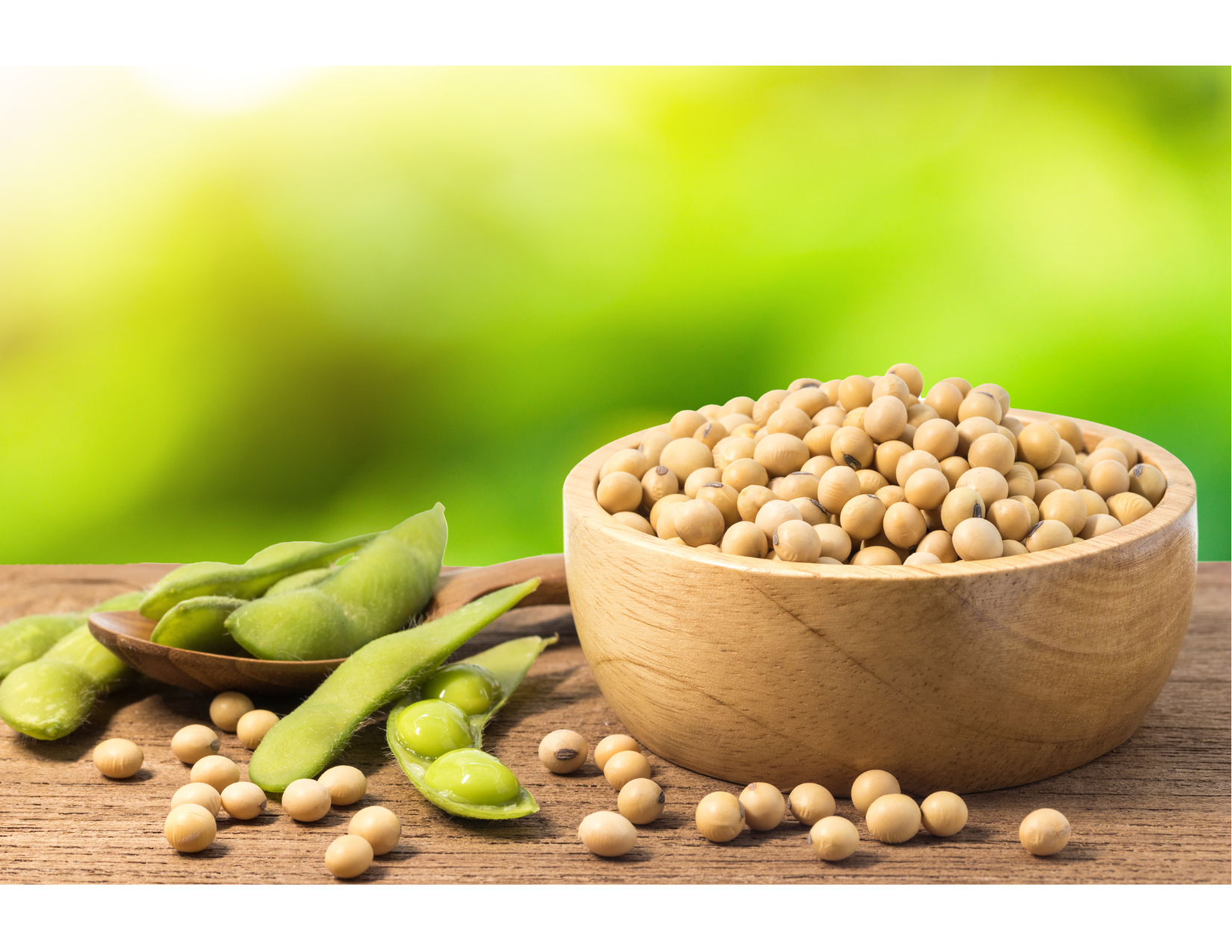
How to get the benefits while avoiding the harm
Lectins can be harmful if some foods are eaten raw but can be neutralized.
Treating lectin-rich foods with care can make all the difference:
Boil for at least 30 minutes—this effectively neutralizes harmful lectins.
Skip baked potatoes if you eat the skin—boiling is safer.
Use wet-heat methods like stewing, slow cooking, or making sauces.
Choose sprouted or fermented versions—this reduces lectin content significantly.
Avoid raw legumes and grains—always cook them well.
Rethink peanut butter—boiled peanuts are a safer choice over roasted ones. Here is how to boil peanuts.
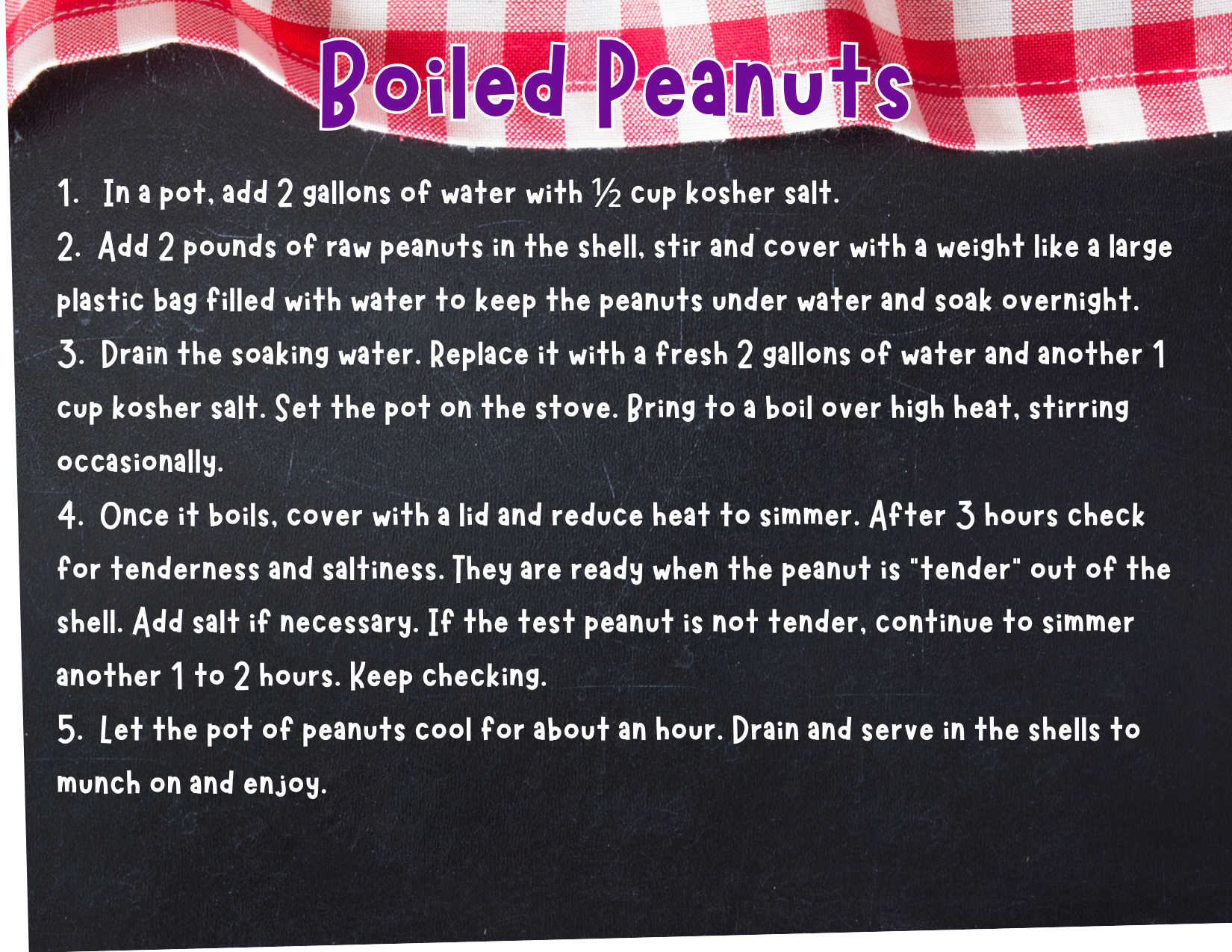
Watch out for these high-lectin health foods
Often high-lectin foods also contain phytates and some cooking measures can minimize both. Here are six nutrient-rich foods that also have lectins—and how to eat them safely:
Red kidney beans – High in protein, fiber, and minerals, but must be fully cooked to cut harmful lectins.
Soybeans – Packed with protein and beneficial isoflavones, but fermenting or boiling is key to reducing lectins.
Wheat – Whole wheat, like many foods has gluten and phytates in addition to lectins. These are often limited by cooking methods, fermenting, and sprouting. For more on cooking methods for gluten and phytates. [see https://jolindarockett.podia.com/blog/spotlightgluten and https://jolindarockett.podia.com/blog/stop-phytate-crimes ]
Peanuts – Nutritious but lectin-rich. Raw or roasted peanuts will not prevent lectins from leaching into your bloodstream, so boiling is a better possibility.
Tomatoes – A great source of lycopene, a powerful antioxidant, but some people with autoimmune conditions may react to their lectins. Cooking may help reduce this effect.
-
Potatoes – Generally safe for most people, but boiling is the best way to lower lectin content.
Key takeaways for a lectin-smart diet
Soak, boil, sprout, and ferment to reduce harmful lectins.
Enjoy well-cooked beans and legumes, but don’t rely on them as the main part of your diet.
Boil potatoes instead of baking if you eat the skins.
Never eat raw beans!
It is important to realize you may be more or less sensitive than your neighbor. Monitor your responses and follow your personal needs. Your body works hard every day, why not give it the best support?
By making small tweaks to how you prepare food, you can enjoy the benefits of lectin-rich foods without the risks. A balanced, holistic diet will nourish you for the long run!
Questions or Comments?
We all benefit when you share thoughts, questions, and information Please share!
Also, I would be very interested to see your favorite cooking method or links to make these potentially powerful foods more “human friendly” and help others. Let's work on this together.
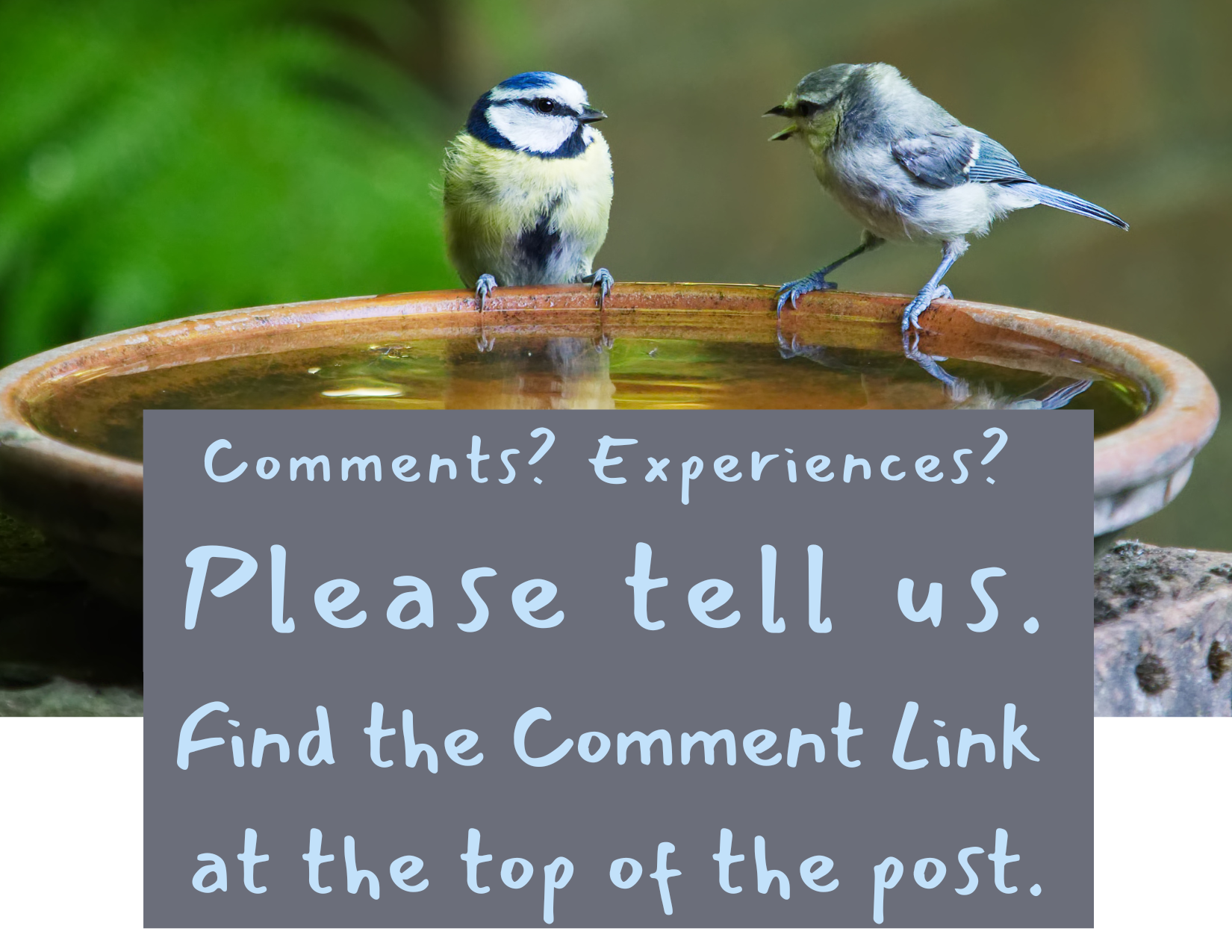
- Feb 10, 2025
Dodgy Lectins in Foods – Avoid the Dangers & Get the Benefits
- Jolinda Rockett
- Good Food
